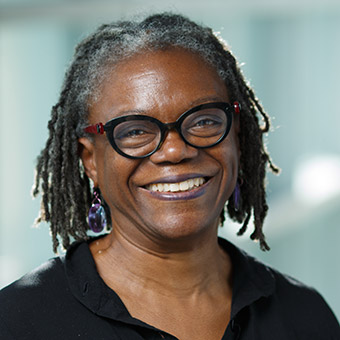Faculty List
View Faculty Office Hours Here.Department Faculty

Expertise: Global modernism, elegy and the politics of commemoration, public sphere theory, comedy, literature in the criminal justice system, literature and philosophy

Expertise: South Asian literatures and film, postcolonial literature and theory, narrative theory, the global novel, interdisciplinary approaches, literary theory

Expertise: Poetry, literary publishing, eco-writing
Pronunciation: Elizabeth Bradfield

Expertise: American literature, romanticism, composition, philosophy of education, literature of the American South, poetry

Expertise: 19th- and 20th-century American literature, African American literature, film / media, and gender and sexuality studies, horror studies

Expertise: Fiction and nonfiction

Expertise: Anglophone and Francophone African literature, Caribbean literature, critical theory, film/media, gender and sexuality studies, postcolonial theory and literature

Expertise: Shakespeare, history of poetry, narrative theory, literature and science, film

Expertise: Poetry
photo credit: Jon Beckley

Expertise: Theory, film and media studies, contemporaneity, environmental humanities, the novel
Pronunciation: Irr as in "irregular" or "irritable"
Expertise: Medieval literature, drama, digital humanities


Expertise: Modernism, literary criticism and theory, cultural studies, film studies

Pronouns: he, him, his
Expertise: Victorian literature, the novel, politics and aesthetics

Expertise: Romanticism, literature and philosophy, 18th-century literature

Expertise: Early Modern English Literature, Jewish Studies, Biblical Studies

Expertise: Caribbean cultural production; Black diasporic literature; afterlives of slavery, indenture and empire; gender and sexuality

Expertise: Asian American literature and film, Vietnam War literature and film, critical refugee studies, queer of color criticism, Vietnamese studies, critical race studies of the United States and France

Expertise: Renaissance literature, Shakespeare, religion and literature, Italian literature, women's writing

Expertise: Early American literature and culture, print culture and media, American religious history, art history and visual culture, theories of space and place, the American West

Expertise: Film, television, screenwriting
Emeritus

Expertise: Medieval and early modern literature and culture, 20th-century poetry, poetry of women in English, travel writing, history of science, creative writing

Expertise: Early modern English drama and social performance, 18th-century British studies, performance studies, queer studies, gender studies

Expertise: 18th-century literature, culture, history, narrative theory and the novel, the French Revolution, gender and sexuality, Israel-Palestine studies

Expertise: 20th-century poetry, psychoanalysis and pedagogy, composition studies

Expertise: 17th- and 18th-century British literature, history, and legal history

Affiliated

